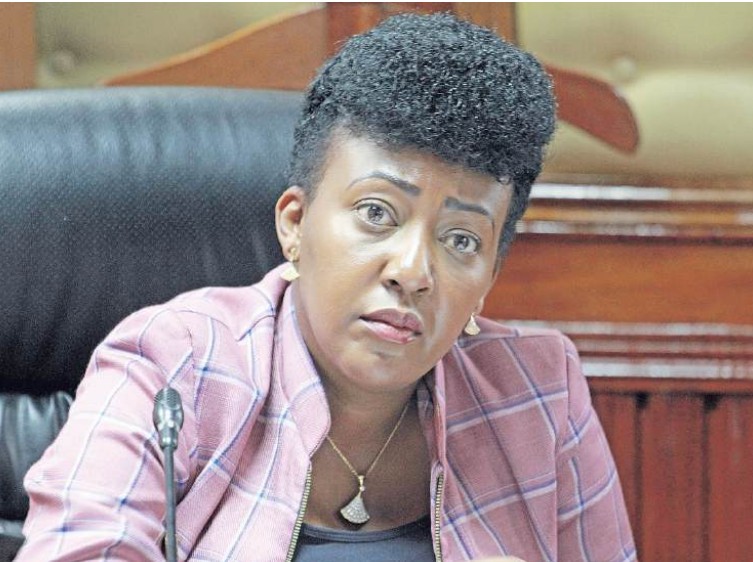

Parliament is cracking down on county-employed health
workers who neglect patients in public hospitals to treat clients
in their private clinics.
In a move that could have serious consequences for the
medics involved, senators have urged the government to take stern disciplinary
action, terming the practice unethical and detrimental to public healthcare.
“The state of healthcare service delivery in counties is
deteriorating due to public medical practitioners concurrently engaging in
private practice,” nominated Senator Tabitha Mutinda said.
The Senate Health Committee has launched investigations into
the matter and resolved to summon key regulatory agencies in the health sector.
The committee seeks to determine the number of licensed
medical doctors, pharmacists and clinical officers in the country, with a
breakdown of those employed by county governments.
The data will be sourced from the Kenya Medical
Practitioners and Dentists Council, the Clinical Officers Council, and the
Pharmacy and Poisons Board.
The committee also wants a comprehensive list of private
clinics, pharmacies and hospitals owned by medical practitioners employed by
counties.
Additionally, senators are demanding information on measures
put in place to prevent public health workers from operating private facilities
during official working hours.
Further, they have urged regulatory agencies to disclose
any disciplinary action taken against medics found in breach of professional
ethics or in conflict of interest through unauthorised private practice.
This development came in the wake of a Senate report that
laid bare the dire state of public healthcare across the country—ranging from
empty pharmacies and expired medicines to chronic staff shortages, stalled
infrastructure and neglected equipment.
Some hospitals lack basic items such as curtains to
guarantee patient privacy, especially for expectant mothers.
Many facilities also suffer from erratic water and
electricity supply, and poor sanitation that exposes patients to additional
health risks.
The Senate Health Committee’s inspection of select county
referral hospitals revealed widespread systemic failures.
“The committee noted that most facilities lacked adequate
staffing in critical departments, with high workloads compounding the crisis,”
the report states.
Hospitals visited include Longisa County Referral Hospital
in Bomet, Ekerenyo Subcounty Hospital and Nyamira County Referral Hospital in
Nyamira and Kisii Teaching and Referral Hospital.
Others are Kenyenya Subcounty Hospital in Kisii, Vihiga County Referral Hospital, Jaramogi Oginga Odinga Teaching and Referral Hospital and the Ahero Subcounty Hospital in Kisumu.
At Longisa Hospital, the committee observed a severe
shortage of staff, inadequate equipment, and strained infrastructure. Even in
the maternity ward, mothers were forced to share beds.
“During the visit, 46 patients were admitted against a bed
capacity of 39, highlighting the urgent need for additional beds and
personnel,” the report noted.
Hospital management said the ward was initially designed for
just 16 patients but now accommodates up to 120. It is staffed by only 12
nurses, two gynaecologists, four medical officers, two interns and 10 clinical
officers, with just two doctors and three nurses per shift.
At Ekerenyo Subcounty Hospital, the maternity wing had only
three beds and no curtains, while the male ward lacked bed screens and had bare
windows—raising concerns about patient dignity and comfort.
The hospital also faced a critical staff shortage and low
morale among health workers.
At Nyamira County Referral Hospital, a major concern was the
persistent drug shortage, with Kemsa once again under scrutiny.
“Kemsa’s fill rate was 60 per cent, with essential medicines
at just 40 per cent. The hospital received drugs worth Sh13 million against an
order of Sh25 million,” the report revealed.
Senators have exposed deep-rooted problems in county hospitals that are undermining service delivery. Facilities are under-resourced, understaffed and overstretched. They face frequent stockouts, unreliable supply chains and expired drugs. Many lack basic infrastructure and a functional billing system, leading to revenue losses and inefficiencies. The lawmakers now want medics held accountable for contributing to this crisis through unethical dual practice.












